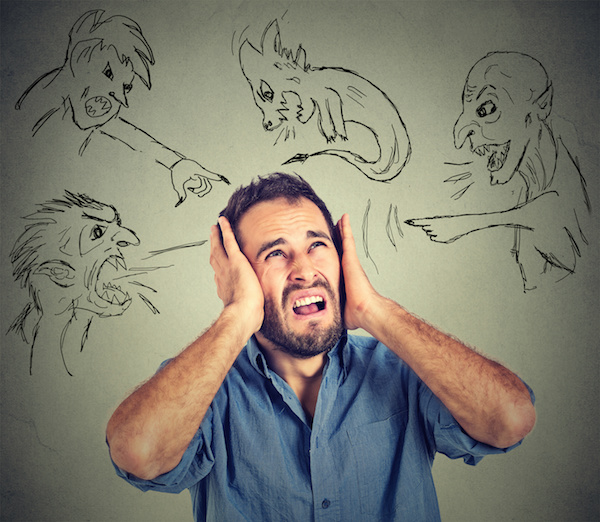
MONDAY, April 26 (HealthDay News) — Could the depressed be “self-medicating” with chocolate? A new study finds that people battling depression reach for more of the sweet treat than non-depressed folks do.
Many people believe that “when they are feeling a little bit down, chocolate makes them feel better,” said lead researcher Dr. Beatrice A. Golomb, an associate professor in the department of family and preventive medicine at the University of California, San Diego.
Chocolate does appear to be popular among people with depression, whether or not they are being treated with antidepressants, the research team found. “A lot of us may have been able to predict this finding,” Golomb said.
For the study, published in the April 26 issue of the Archives of Internal Medicine, the UCSD team looked at the relationship between chocolate and mood in 931 women and men who were not taking antidepressants.
The participants were asked how much chocolate they ate, and their level of depression was measured on a standard depression scale.
People diagnosed as depressed ate an average of 8.4 servings of chocolate each month compared with 5.4 servings among people who were not depressed, the researchers found.
The most depressed ate the most chocolate — around 11.8 servings a month, the team discovered.
These findings were the same for men and women.
When the researchers looked at people who were taking medication for depression, they found these people ate chocolate at the same rate as those with untreated depression, according to Golomb.
No difference was noted regarding consumption of other foods, such as fish, coffee, caffeine or fruits and vegetables, between the depressed and non-depressed people, the researchers found. The difference seemed to be isolated to chocolate, they said.
Chocolate — particularly dark chocolate — has been linked in other research to improved cardiovascular health and longevity, possibly because of its antioxidant properties, Golomb noted.
The link with depression could have several explanations. Because it is thought to improve mood, it could be a form of “self-medication,” Golomb noted.
On the other hand, chocolate might contribute to depression, or the link could be a complex combination of as yet unknown physiological effects, the researchers said. Future studies are needed to further explore the association, they said.
Experts voiced different reactions to the findings.
“The nature of ’emotional eating’ or ‘comfort foods’ is complex,” said Dr. Gregory Simon, a psychiatrist and mental health researcher at the Group Health Research Institute in Seattle.
“When people feel depressed or distressed, they may prefer certain foods because of their nutritional content, such as more fat or refined sugar, or their emotional meaning, because some foods are seen as a treat or a consolation, or their practical qualities, since some foods take less motivation or energy to prepare or consume,” Simon said.
Another expert, Dr. Lorrin Koran, professor emeritus of psychiatry and behavioral science, at Stanford University School of Medicine, noted that “chocolate has many advantages over other possible pleasures.”
It is available, cheap, does not lose its pleasure-inducing quality with repeated use, does not require relating to other people and is culturally approved as a source of legitimate pleasure, he said.
“I strongly doubt that chocolate either induces depression or interferes with recovery from depression,” Koran said. “If either idea were true, this would long ago have become obvious given the ubiquitous use of the substance over the last 500 years.”
More information
For more information on depression, visit the U.S. National Library of Medicine.

